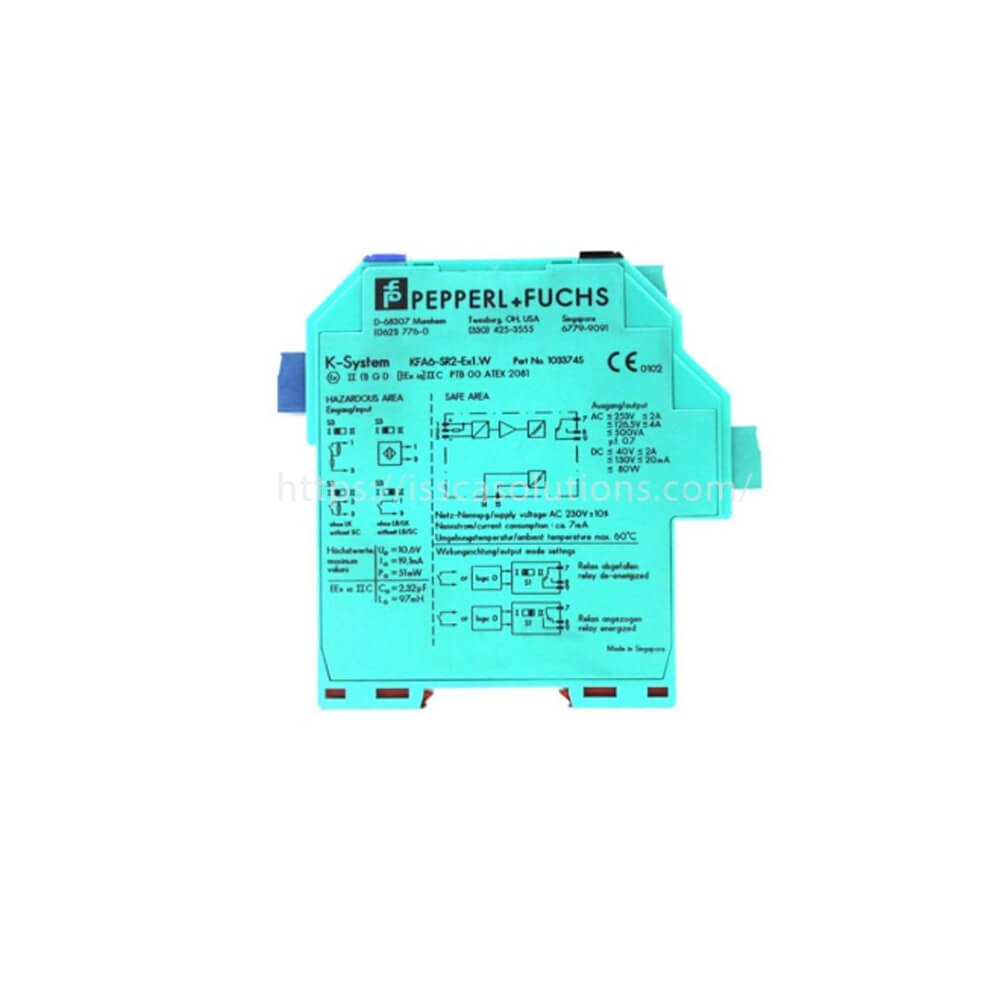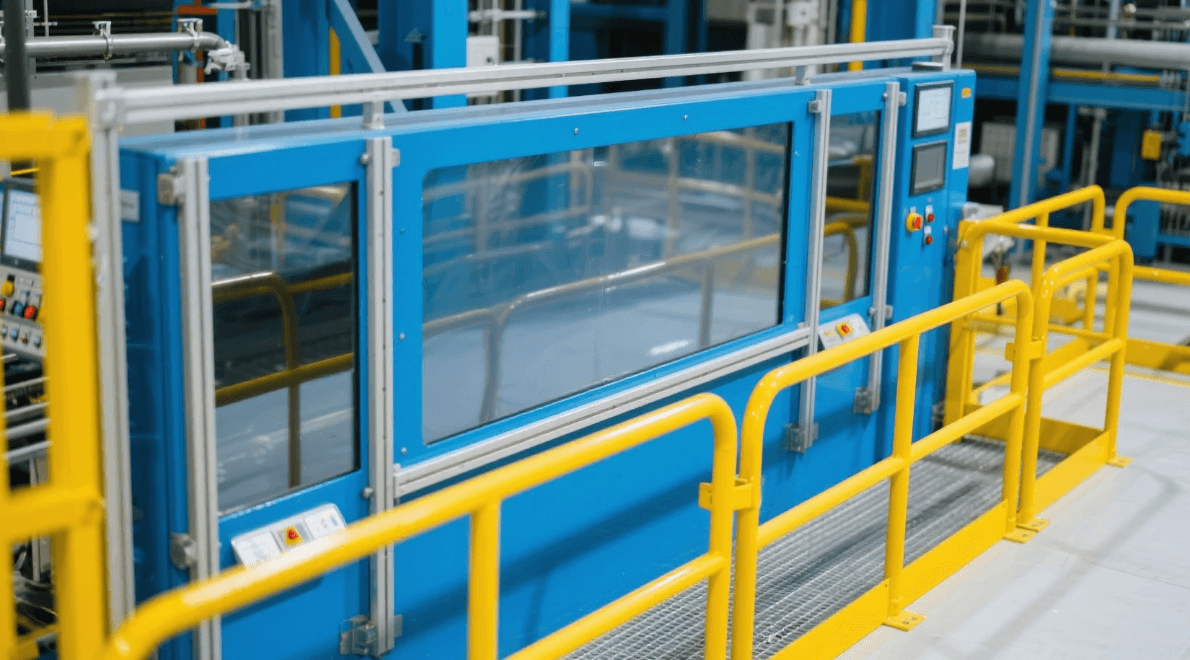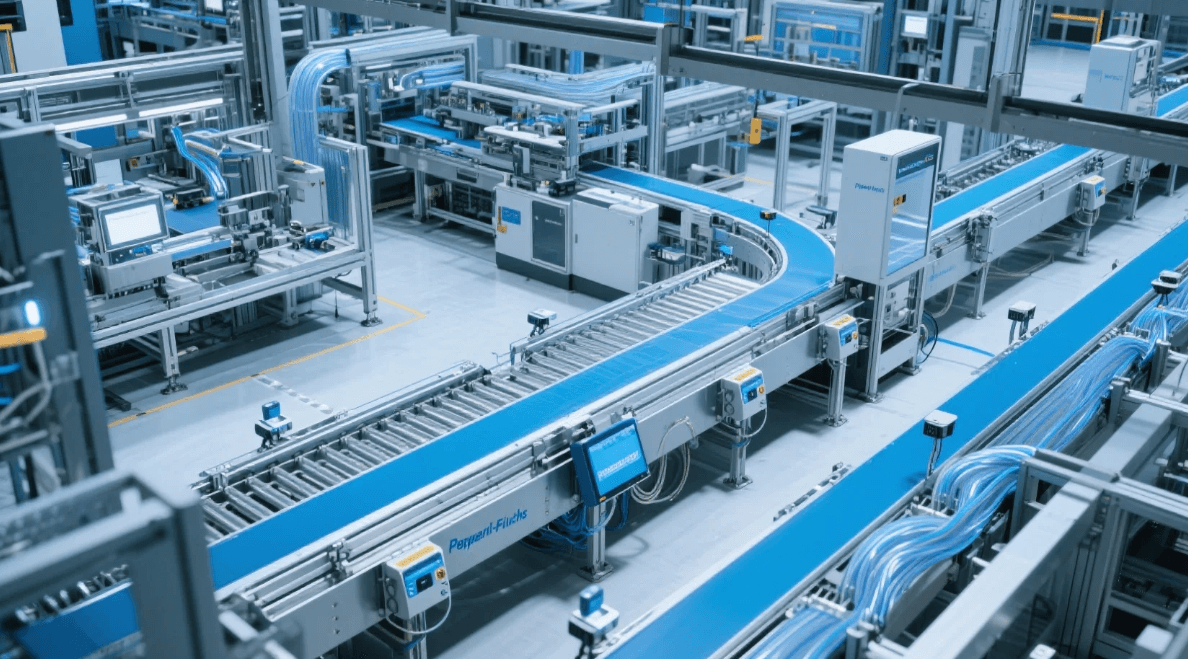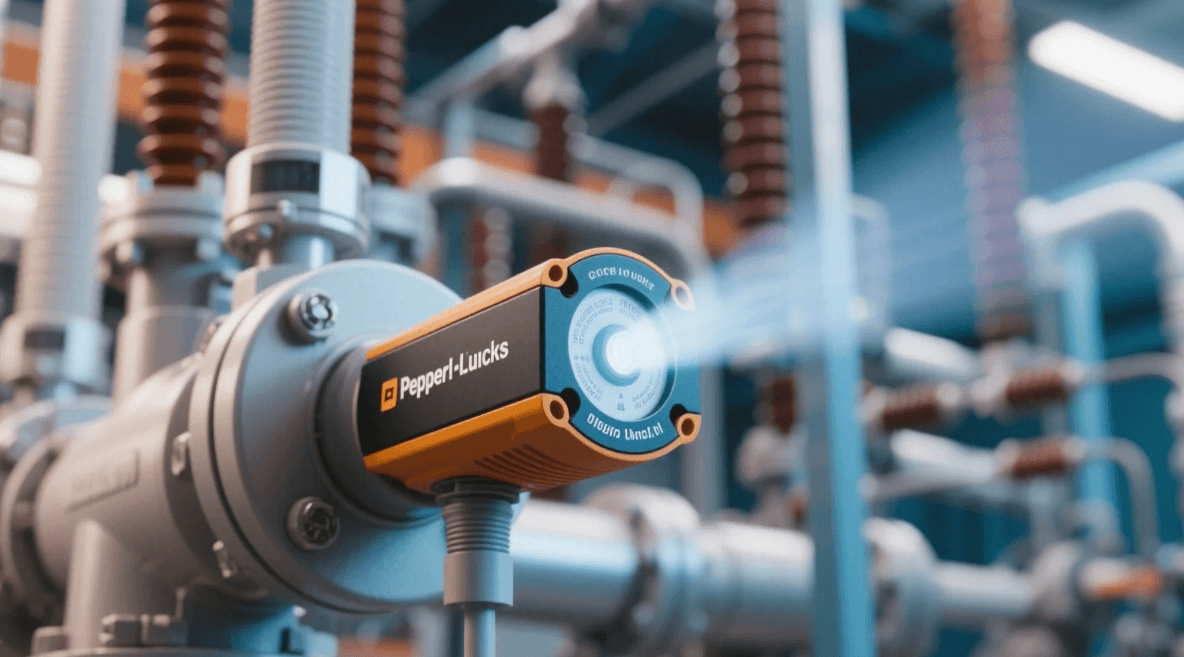電気産業におけるファクトリーオートメーション:未来を形成するPepperl+Fuchsの役割

急速に進化する今日の産業界、 ファクトリーオートメーション has emerged as a cornerstone for enhancing efficiency, safety, and productivity, particularly within the electrical sector. Companies like Pepperl+Fuchs are at the forefront, offering innovative solutions that redefine operational standards.
Understanding Factory Automation
ファクトリーオートメーション refers to the integration of advanced technologies—such as sensors, control systems, and data analytics—to automate manufacturing processes. In the electrical industry, this automation is pivotal for ensuring precision, reducing human error, and optimizing energy consumption.
Pepperl+Fuchs: A Leader in Automation Solutions

Founded in 1945, Pepperl+Fuchs has established itself as a global leader in manufacturing electronic components for industrial automation. With a strong focus on sensor technology and explosion protection, the company serves various industries, including the electrical sector.
Advantages of Factory Automation in the Electrical Industry
1.業務効率の向上
Automation streamlines manufacturing processes, leading to increased throughput and reduced cycle times. By minimizing manual interventions, factories can achieve consistent product quality and faster time-to-market.
2.安全基準の改善
Automated systems reduce the need for human interaction with high-voltage equipment, thereby minimizing the risk of accidents. Features like remote monitoring and emergency shutoff mechanisms further enhance workplace safety.
3. Predictive Maintenance
Through continuous monitoring and data analysis, automation enables predictive maintenance strategies. This approach helps in identifying potential issues before they escalate, reducing downtime and maintenance costs.
4. Energy Optimization
Automation systems can monitor and adjust energy usage in real-time, ensuring optimal performance of electrical equipment. This not only reduces energy consumption but also contributes to sustainability goals.
Future Prospects of Factory Automation

の未来 ファクトリーオートメーション in the electrical industry is promising, with several trends shaping its trajectory:
Integration of Artificial Intelligence (AI) and Machine Learning
AI and machine learning algorithms are being incorporated to enhance decision-making processes, optimize operations, and predict maintenance needs.
Adoption of Industrial Internet of Things (IIoT)
IIoT facilitates seamless communication between devices, enabling real-time data collection and analysis. This connectivity enhances operational visibility and efficiency.
Emphasis on Sustainable Practices
Automation contributes to sustainability by optimizing resource usage, reducing waste, and lowering carbon footprints. Companies are increasingly focusing on eco-friendly manufacturing processes.
結論
ファクトリーオートメーション stands as a transformative force in the electrical industry, driving advancements in efficiency, safety, and sustainability. With industry leaders like Pepperl+Fuchs spearheading innovation, the future of automated manufacturing holds immense potential for growth and excellence.












